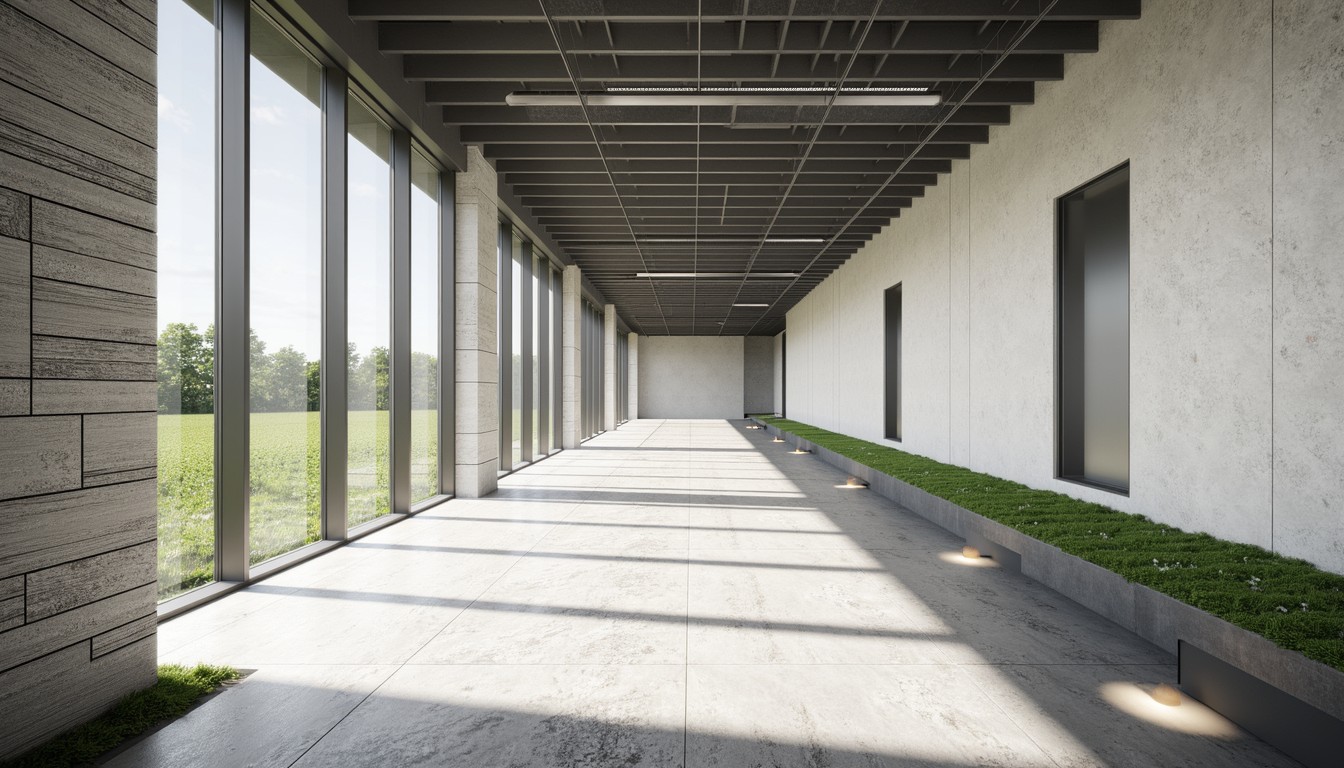BIM Integration: Seamless Construction Through Visualization
The construction industry is undergoing a digital transformation, driven by the increasing adoption of Building Information Modeling (BIM). BIM is no longer a luxury; it's a necessity for efficient, cost-effective, and successful projects. At ArchNav, we understand the power of BIM and its transformative potential, especially when integrated seamlessly with advanced architectural visualization.
What is BIM Integration?

BIM integration involves the collaborative use of BIM software and data across all stages of a construction project. This includes design, engineering, construction, and even facility management. Instead of working in silos, different stakeholders – architects, engineers, contractors, and clients – access and contribute to a central, shared model. This central model contains not just the building's geometry, but also rich data about materials, specifications, costs, and schedules.
Benefits of BIM Integration for Seamless Construction

The advantages of integrating BIM throughout the construction lifecycle are numerous and impactful:
Improved Collaboration and Communication
A central BIM model serves as a single source of truth, eliminating confusion and misunderstandings caused by conflicting drawings or outdated information. All stakeholders are working from the same information, fostering better collaboration and communication.
Enhanced Design Coordination
BIM software facilitates clash detection, identifying potential conflicts between different building systems (e.g., MEP clashes with structural elements) early in the design phase. This proactive approach prevents costly rework and delays during construction.
Reduced Errors and Rework
By identifying and resolving issues early, BIM integration significantly minimizes errors and the need for costly rework. This leads to improved project quality and reduced overall project costs.
Optimized Construction Scheduling and Cost Management
BIM data can be used to create accurate cost estimates and construction schedules. The ability to simulate construction sequences and analyze potential bottlenecks allows for better planning and resource allocation.
Improved Safety
BIM models can be used to simulate construction activities and identify potential safety hazards. This proactive approach helps mitigate risks and improve worker safety on site.
Facilitates Better Client Engagement
BIM visualization tools allow clients to experience the design in a more immersive way, leading to better communication and improved client satisfaction.
Real-World Applications of BIM Integration
The applications of BIM integration are vast and extend across various project types and scales:
Large-Scale Infrastructure Projects
BIM is crucial for managing the complexities of large-scale projects, such as bridges, tunnels, and highways. The ability to coordinate the work of numerous contractors and manage vast amounts of data is essential for success.
Commercial Building Construction
BIM streamlines the construction process for commercial buildings, ensuring efficient coordination between architects, engineers, contractors, and subcontractors. It also facilitates better communication with clients.
Residential Construction
Even in residential construction, BIM can improve efficiency and reduce errors. It helps manage material quantities, track progress, and ensure that the final product meets the client's expectations.
Renovation and Refurbishment Projects
BIM is invaluable for renovation projects, allowing for accurate modeling of existing conditions and facilitating the coordination of new work with existing structures.
ArchNav's Role in Seamless BIM Integration

ArchNav provides cutting-edge architectural visualization services that seamlessly integrate with your BIM data. We leverage the power of BIM to create stunning, photorealistic renderings, virtual tours, and animations, giving you a comprehensive understanding of your project before construction even begins. Our team of experts works closely with you to ensure that your visualization perfectly complements your BIM model, providing a holistic view of your project.
We understand that BIM is more than just software; it's a collaborative process. Our expertise in BIM integration helps you leverage its full potential, enabling seamless communication, efficient workflows, and ultimately, successful project delivery.
Conclusion
BIM integration is no longer a trend; it’s a fundamental shift in how construction projects are planned, designed, and built. By embracing BIM and leveraging the power of advanced visualization through ArchNav, you can unlock significant improvements in efficiency, collaboration, and project success. Contact ArchNav today to learn how we can help you integrate BIM into your workflow and transform your construction projects.
